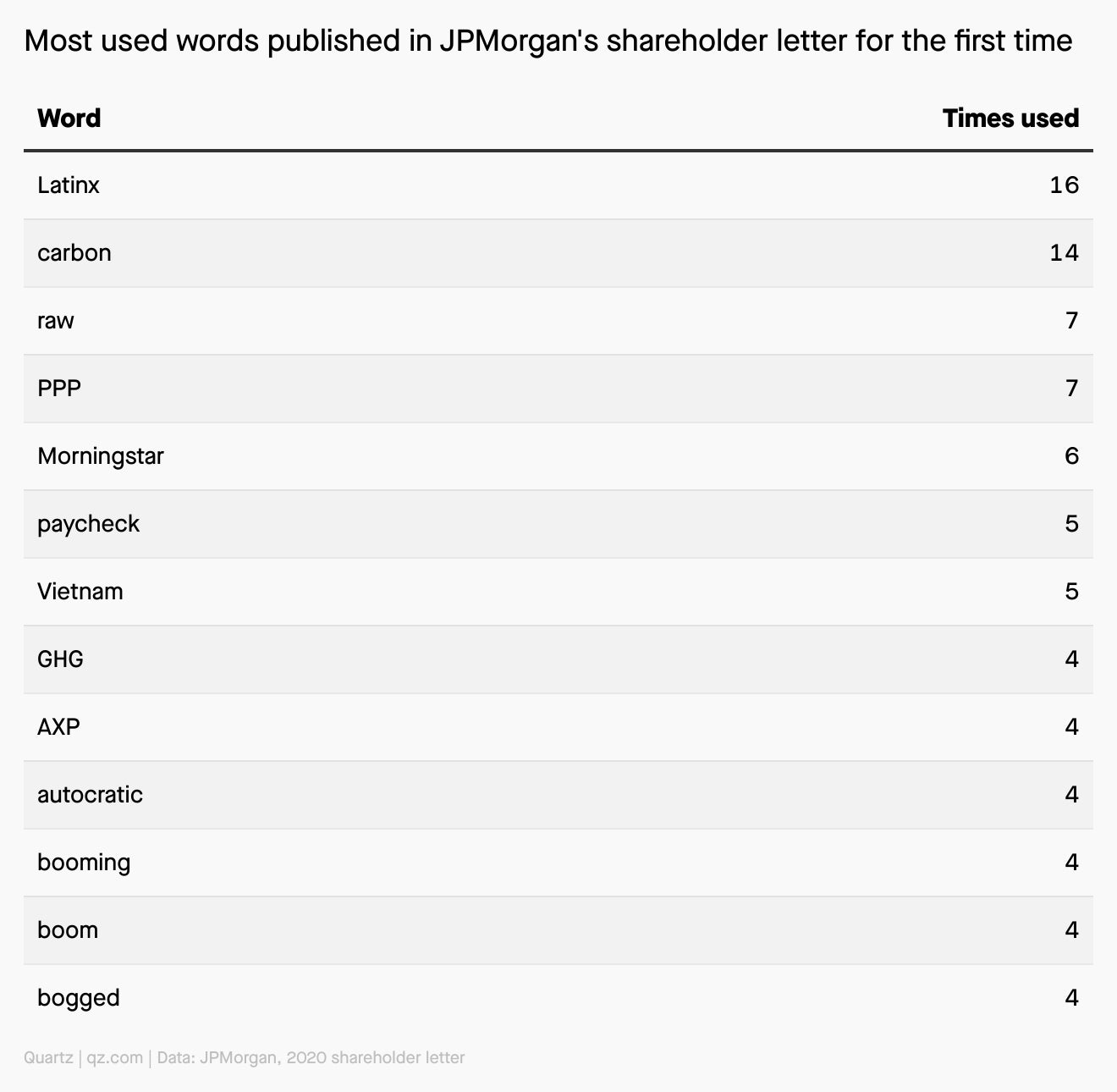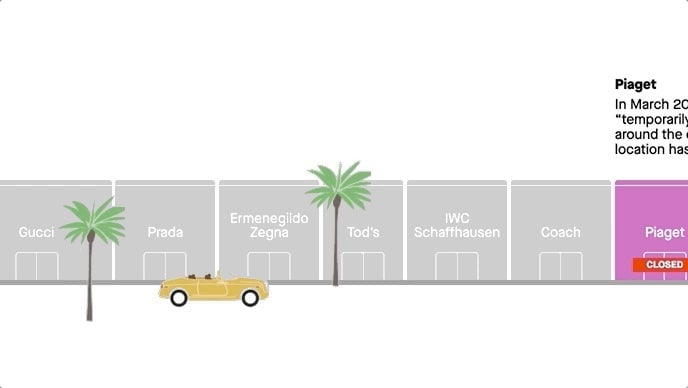Grab going public, JPMorgan’s new buzzwords, misbehaving muons
Good morning, Quartz readers!


Good morning, Quartz readers!
Here’s what you need to know
Grab is set to go public via the biggest SPAC deal yet. The Singapore-based startup will list in New York after a $35 billion merger with an acquisition company owned by Altimeter Capital, the Financial Times reports.
The EU found the AstraZeneca shot can cause blood clots in rare cases. However, the European Medicines Agency emphasized the benefits of vaccination outweigh the risk. The UK will offer an alternative vaccine to those under 30, while South Korea suspended the shots for those under 60.
India’s Serum Institute asked for $403 million to boost AstraZeneca production. The world’s largest vaccine maker asked the government for a grant to increase its manufacturing capacity as some Indian states face vaccine shortages.
Scientists demanded a new probe into the origins of Covid-19. An international group of 24 researchers said the WHO’s investigation compromised too much to get China’s cooperation.
Indian stock regulators fined Mukesh Ambani $3.36 million. The Securities and Exchange Board of India said the Reliance Industries chairman failed to make regulatory disclosures during a January 2000 stock issue.
The Microsoft email hacks may have built on earlier data leaks. US officials suspect that Chinese hackers relied on troves of data from previous cyberattacks to pull off a massive email breach in March.
34% of Covid-19 survivors report long-term effects on their brain. What do experts know about it? Quartz health reporter Katherine Foley and deputy membership editor Alex Ossola discuss on Clubhouse today, April 8 at 4pm Eastern time.
What to watch for
Intermission is over. Starting today, operators of US theaters, music venues, and concert halls can apply for a share of the $16 billion Shuttered Venue Operators Grant—a highly-anticipated lifeline for the country’s flagging live entertainment industry.
In another hopeful sign, crowds have started letting out their pent-up existential angst at concerts around the world. Framed as “experiments,” these shows are essentially dress rehearsals on how to host live performances that do not become superspreader events. What we’ve learned so far: They will require planning, expense, and patience for safety measures like rapid Covid-19 tests, temperature checks, and motion trackers.
A few numbers, to set the stage:
10,000: Size of the crowd at the Taipei Arena in August to see singer Eric Chou, Taiwan’s “king of the lovelorn people”
5,000: Headcount at a rock concert at Barcelona’s Palau di Jordi arena last month—the largest post-pandemic gathering at a live event in Europe to date
1,500: Audience at Lowlands, a two-day music festival in the Netherlands last month
26: Number of festival goers who tested positive for Covid-19 during random screenings at the Lowlands
$30 billion: Revenue loss due to canceled concerts in 2020, according to Pollstar
1,000: Live shows planned for NYPops Up!, a six-month experiment meant to jumpstart New York state’s live performance scene
Charting Jamie Dimon’s new buzzwords
JPMorgan chief Jamie Dimon wrote his longest shareholder letter since becoming CEO 16 years ago, clocking in at 66 pages. Some new words—like Latinx, carbon, and booming—also made their debut in his popular annual missive.

The shift in prose gives a sense of how the world has changed during a year that was wrenched by a pandemic and social upheaval over inequality—through the eyes of one of the world’s most powerful bankers. John Detrixhe tracked how Dimon used these words in the letter.
The pandemic pummeled the world’s shopping streets

Take a virtual drive through Amanda Shendruk’s detailed interactive of three of the world’s most famous luxury-shopping streets and see how retailers fared during a year of tanking tourism, government-mandated shutdowns, and shaky consumer spending.
Here’s just a sampling of how the thoroughfares have changed:
- One of the most high-profile closures on London’s Oxford Street was the Top Shop at Oxford Circus. For many, the collapse of the fast-fashion retailer and shuttering of its iconic three-story store is the end of an era.
- Luxury shops weathered the pandemic on Rodeo Drive in Beverly Hills, but the palm-lined boulevard in Los Angeles said goodbye to Michael Kors, Lacoste, and Tumi, among others.
- High-end retail gave way to knickknacks on Russell Street in Hong Kong, as empty shops filled with short-term tenants selling mobile phone accessories, sporting goods, and Covid-19 supplies.
✦ One reason high streets took a hit in the past year is a lack of tourists spending money. Our field guide to travel in 2021 shows those shoppers may not return as soon as luxury stores would like. We hope you’ll return to Quartz again and again by becoming a member, but until then you can try it for free.
Surprising discoveries
The UK Treasury owns a stake in a hipster record label. Covid-19 support programs have left taxpayers with ownership in an assortment of companies.
Chinese sneaker scalpers are cashing in on a boycott of US brands. Resale prices for domestic shoes have soared as consumers protest brands like Nike and Adidas.
Thai divers rescued a Buddhist monk from a flooded cave. After the monk entered the cave to meditate, heavy rains left him trapped inside for four days.
A mischievous subatomic particle is disobeying the laws of physics. The discovery may upend what scientists thought they knew about matter and energy.
You can turn a Nespresso pod into a Covid-19 test. Just add foam, wax, boiling water, test tubes in a 3D-printed holder, swabs, and a few lab-grade reagents. Simple!
Our best wishes for a productive day. Please send any news, comments, kitchen items that double as Covid-19 tests, and treasury-backed tracks to [email protected]. Get the most out of Quartz by downloading our iOS app and becoming a member. Today’s Daily Brief was brought to you by Anne Quito, John Detrixhe, Amanda Shendruk, Nicolás Rivero, and Liz Webber.